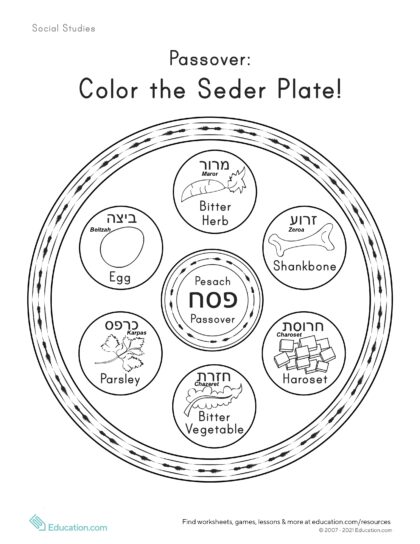Passover has been celebrated in Jewish homes for thousands of years as a way of commemorating the story of Moses leading the Jews out of slavery in Egypt to freedom. It is a holiday that is meant to shed light on oppression in our time, inspiring everyone to work with hope for a world in which no one is enslaved or oppressed. Some Christian families celebrate Passover as well, because Jesus was Jewish and it is believed the Last Supper might have been a Passover Seder meal.
On Sunday evening March 28, we’ll come together on Zoom at 6 pm to hold an MLUC Seder to appreciate our freedom from oppression and renew our commitment to working for justice all over the world. Our meal and ritual will be led by members and friends of MLUC who have offered to share their own Jewish heritage and traditions with our community, so we may learn from the wisdom of this ancient faith.
We hope many of you will join us! To participate, sign up here: https://www.signupgenius.com/go/5080844a9ad28a6f85-mluc1
Access the Haggadah (the script of the ceremony, which most participants will want to have a copy of or a version of open on their computer) here: https://docs.google.com/document/d/1miVt1lqubVmNFrkP8EaT_9mdn5l3jwA-SLCJfmrIVpA/edit?usp=sharing
While the leaders of the Seder will have complete Seder plates and other accoutrements, it will be more fun if you are able to put together a Seder plate for your household and have some other traditional items and food on hand as well. Remember, this is ALL OPTIONAL but this information is provided if you want to use it! Get as much or as little as you feel happy about doing! You may also want this Seder plate (PDF) coloring sheet, either instead of or in addition to the actual items:

For the Seder Plate:
Parsley and/or celery – one large piece per Seder plate, plus one per guest
Roasted eggs – one per Seder plate, plus one hard-boiled egg per guest
Lamb shank-bones – one per Seder plate
Horseradish – one TBSP per Seder plate, plus one tsp. per guest
Charoses – chopped apples, walnuts, touch of cinnamon and wine to taste. Enough for one scoop on each Seder plate plus 2-3 TBSP for each guest
Oranges – one on each Seder plate, plus several sections per person
Olives (any type, pitted) – Several on each Seder plate, plus several per person
For the Seder table:
Salt – one tsp. in bowl of water per small table, or 2 for larger tables
Matzah – 3 pieces in a towel on a plate or platter, plus one Matzah per guest
Kosher wine and/or grape juice – enough for 4 small cups per person
Items to set the table with such as candles, tablecloth, flowers (to remind us of spring), etc.
Plates, flatware, glasses (water and wine), and napkins for each person
Elijah’s cup (special wine glass) for each table
Miriam’s cup (special water goblet) for each table
One Haggadah to pass around the table
In addition to the Seder plate items, it is customary to have some of these traditional foods: gefilte fish, chicken soup with or without matzah balls, brisket or chicken, potato kugel, sweet potato tzimmes, and an assortment of kosher-for-Passover desserts (no wheat flours or leavening agents used). Recipes can be found in any Jewish or kosher cookbook, or “on-line” under “Passover recipes”. The Seder plate ceremonial food items are necessary, but the rest of the menu is entirely up to you.
Please contact re@mluc.org with any questions you may have!
